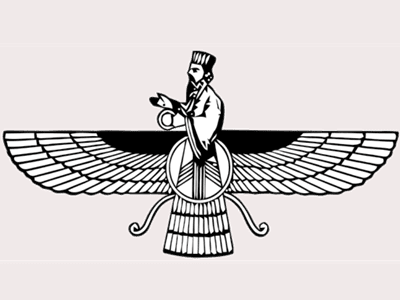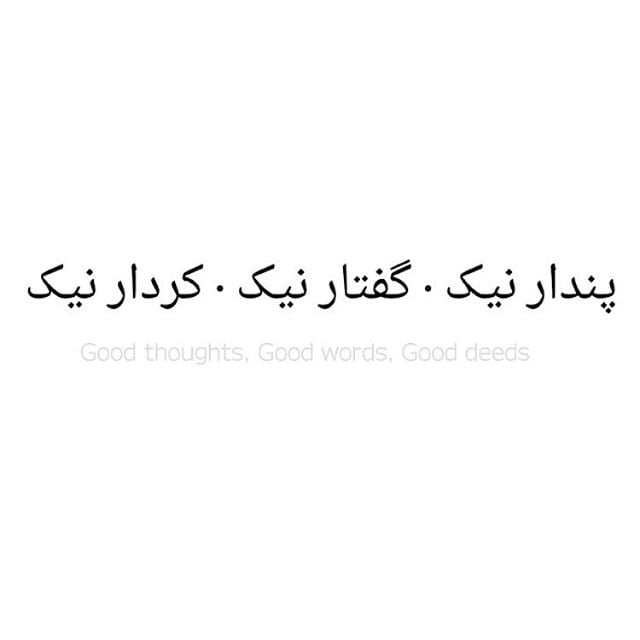
(Wikimedia Commons public domain image)
Continuing with my little series of posts on religion in Iran:
The central texts in the religion of Zoroastrianism are the Avesta, which includes the Gathas (the purported writings of Zoroaster himself) and which gives its name to a sacred form of the Old Persian language called Avestan, and the Yasna, the scripture.
Zoroaster (aka Zarathustra and Zardusht) addressed God as Ahura, “The Lord Creator,” and as Mazda, “Supremely Wise.” Perpetually opposed to Ahura Mazda was Angra Mainyu, or “Angry Spirit.” Later, post-Zoroastrian scripture introduced the concept of Ahriman, the Devil, who was essentially another (and perhaps somewhat more personal) form of Angra Mainyu.
Zoroastrian teachings emphasize that human beings enjoy the right of choice. Of course, because effect follows cause, they also bear responsibility for the consequences of the choices that they make. The purpose of life on Earth is for us to “be among those who renew the world . . . to make the world progress towards perfection.”

“Right Thought, Right Speech, Right Action” in modern Persian.
(Wikimedia Commons public domain image)
On this topic, Zoroaster had much to say, and his words have been adopted as a kind of Zoroastrian motto:
“Turn yourself not away from three best things: Good Thought, Good Word, and Good Deed (Avestan: Humata, Hukhta, Huvarshta).”
“Your good thoughts, good words and good deeds alone will be your intercessors. Nothing more will be wanted. They alone will serve you as a safe pilot to the harbour of Heaven, as a safe guide to the gates of paradise.”
Here are some further quotations attributed to the prophet Zoroaster:
“Doing good to others is not a duty. It is a joy, for it increases your own health and happiness.”
“Happiness comes to them who bring happiness to others.”
“One good deed is worth a thousand prayers.”
“One need not scale the heights of the heavens, nor travel along the highways of the world to find Ahura Mazda. With purity of mind and holiness of heart one can find Him in one’s own heart.”
“He who abhors and shuns the light of the Sun,
He who refuses to behold with respect the living creation of God,
He who leads the good to wickedness,
He who makes the meadows waterless and the pastures desolate,
He who lets fly his weapon against the innocent,
An enemy of my faith, a destroyer of Thy principles is he, O Lord!”
Posted from San Diego, California










